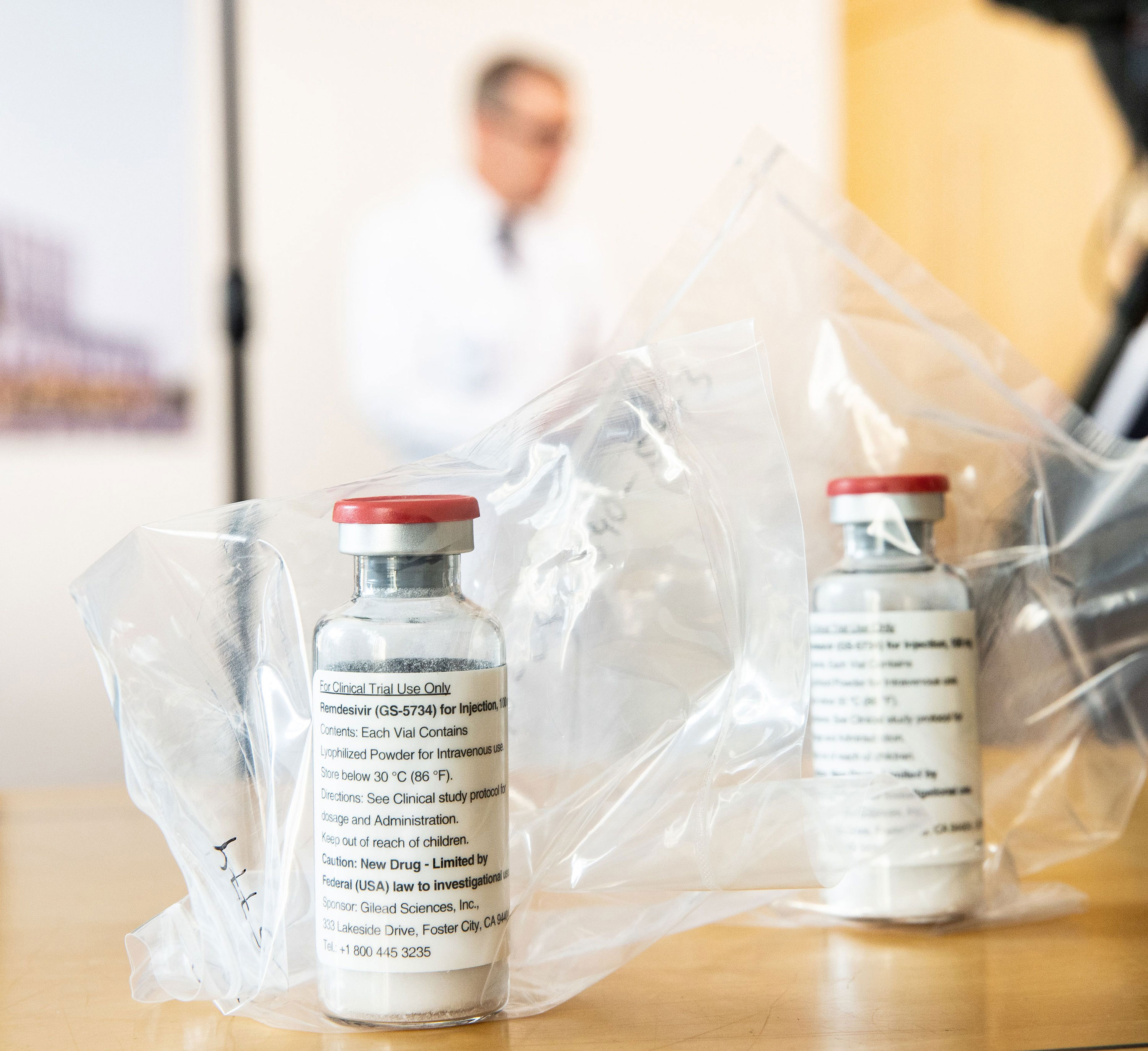Positivity rate reaches 22% in South Carolina

As coronavirus surges in some areas of the United States and declines in others, some doctors in hotspot areas said they were running low or couldn’t access remdesivir, while doctors in other parts of the country said they have more of the antiviral drug than they currently need – and there’s no mechanism for hospitals to shift the drug where it’s needed most.
A spokesperson for the US Department of Health and Human Services told CNN that in the coming week, allocations of remdesivir to states “will emphasize locations with large recent increases.”
Even though it’s not a cure for Covid-19, doctors say most of their hospitalized patients could benefit from remdesivir. The shipments headed to some hotspot states in the coming week, however, don’t even come close to the number hospitalized.
As of July 10, Texas had 10,002 hospitalized patients with Covid-19, but the batch headed to Texas will have only enough remdesivir for about 3,507 patients; Florida had 6,974 patients, but only enough for 2,733; California had 7,896 patients but only enough for 2,080; Arizona had 3,432 hospitalized patients but enough for 2,080 patients, according to state and federal data.
HHS will make another shipment in two weeks.
The spokesperson also said the company hired to distribute remdesivir will reach out to each hospital that received the drug to confirm that it still needs it. The department “is committed to equitable and efficient distribution of the drug with the goal of reaching as many patients as possible across all states and U.S. territories,” according to the spokesperson.
Some doctors said the distribution system needs to be overhauled.
Some context: In May, the FDA granted emergency authorization for remdesivir for hospitalized Covid-19 patients, and the federal government is overseeing its distribution. At first, Gilead Sciences, the company that makes the drug, donated the supply, but starting next week, hospitals have to purchase it.
The HHS spokesperson said once a hospital purchases remdesivir, “that hospital owns the drug and is free to handle it as it sees fit, which could include transferring or selling to other hospitals within or outside of its state or territory.”
But Dr. Michael Ison, an infectious disease specialist at Northwestern Medicine in Chicago, said Illinois health officials have warned hospitals against shipping drugs across state lines for legal reasons.
Even if they were able to ship anywhere they wanted, doctors and hospitals shouldn’t be making decisions about where it goes, Ison said.
“What we don’t want is for someone to say, ‘Oh, I have a friend at Hospital X, so I’ll send it all to them,” he said.
Ison said instead, the government should have a systematic way of seeing which hospitals have a surplus, and which hospitals have the most need, and coordinate shipments accordingly.
“No one has a sense of where there’s excess and where there’s deficiencies,” he said. “This is a national limited, scarce resource. There needs to be some process to this.”
![]()


